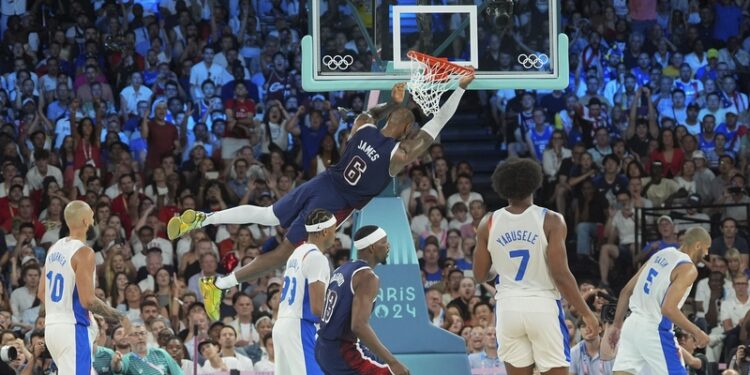Basketball to Start Early at LA 2028 Olympics
Basketball to kick off ahead of LA 2028 Olympics opening as confirmed by the International Basketball Federation (FIBA). The organization has announced that the basketball tournament will begin two days before the official opening ceremony scheduled for 14 July 2028. This early start has been carefully planned to create a smoother schedule and deliver a better experience for everyone involved.
ICYMI: Shelbourne prepares to face Linfield at Tolka Park
Why Basketball Begins Before the Ceremony
FIBA explained that the decision allows the quarter-finals to be spread across two days instead of being squeezed into a tight schedule. This change also ensures that no game will begin earlier than 12 pm, giving players the chance to perform at their best while making the matches more convenient for fans and broadcasters. By making this adjustment, FIBA hopes to balance athlete performance, audience enjoyment, and television coverage more effectively.
Key Dates for the Tournament
According to a draft version of the competition schedule released last month, the medal matches for basketball will be held on 29 and 30 July. This timing ensures that basketball remains one of the most anticipated highlights of the Olympics. With the United States currently holding both the men’s and women’s titles, all eyes will be on whether they can defend their championships on home soil.
Venues and Competitions
The games will take place at the state-of-the-art Inglewood Dome, a venue expected to create an electric atmosphere for the sport. In addition to traditional five-on-five basketball, the 3×3 basketball competition will also be featured. Unlike the main basketball games, the 3×3 tournament is scheduled to begin after the opening ceremony, adding another layer of excitement to the Olympic program.
Other Sports Starting Early
Basketball is not the only sport beginning before the official opening ceremony. Several other disciplines, including cricket, soccer, handball, field hockey, and rugby sevens, will also start ahead of time. This approach gives organizers more room to accommodate the large number of events within the Olympic calendar while ensuring fans can enjoy each sport without excessive overlaps.

























